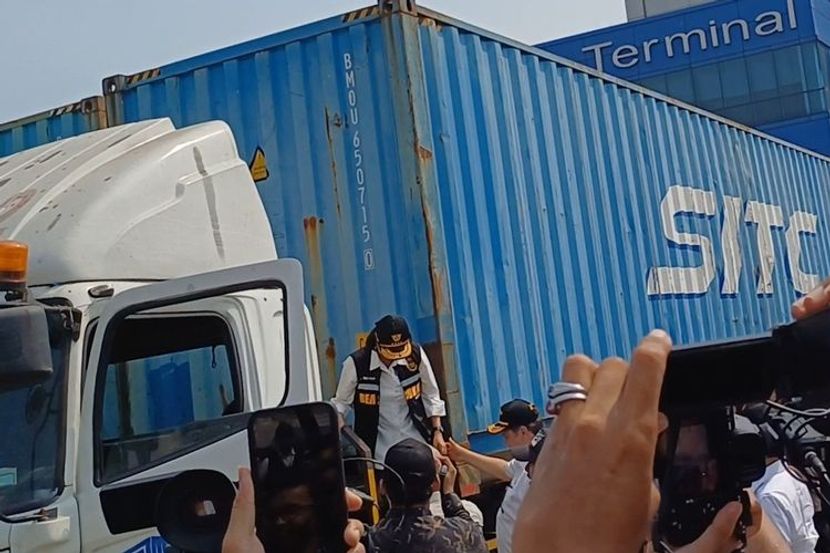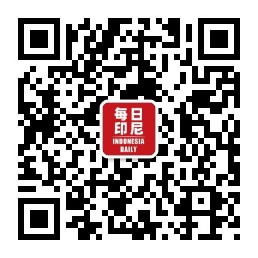Jakarta Port 62.3% of stacked containers have completed the procedure

The Finance Minister revealed the progress in dealing with the problem of 26,415 containers stranded at Tanjung Priok Port in North Jakarta and Tanjung Perak Port in Surabaya. Since the government issued new regulations to address the container backlog, the entry procedures for 16,451 containers at the two ports have been completed, which means that 62.3% of stacked containers have completed the procedures. Of these, 15,662 containers have been cleared by Customs, 73 containers have been returned and another 716 containers are under Customs supervision. She emphasized that the acceleration of imports by reducing some of the documentation requirements for imports was an attempt to overcome the disruption of the country's supply chain, so despite the relaxation of import licensing requirements, she ensured that the Customs Department would continue to carry out its duties in preventing the entry of goods that could harm the domestic market. The problem that the government is trying to address is that the supply chain is affected by containers not being able to get out of customs, which of course affects production. However, containers with goods in them posed risks, including to domestic industry, so they would continue to act in accordance with the provisions of the Trade Regulation Ordinance.
The Customs and Excise Department provides support to address container accumulation at ports through various steps, including the provision of services 24 hours a day. In addition to this, support is provided by encouraging importers to submit documents, communicating with cargo owners and providing updated data on the surveyor's order validation process. The government not long ago issued the Minister of Trade (Permendag) Order No. 8 of 2024 as an amendment to the Minister of Trade No. 36 of 2023 on import policies and regulations. One of the government's objectives in promulgating this regulation was to address the problem of tens of thousands of containers piling up at the two ports, and the regulation eases import restrictions on seven previously regulated categories of goods, with the government no longer requiring documentation requirements in the form of import licenses (PIs) for four categories of goods, namely, traditional medicines and healthcare products, cosmetics and household goods, and bags and valves. The government also no longer requires documentation requirements in the form of technical restrictions (pertek) for the importation of electronic goods, footwear, and clothing and accessories.

